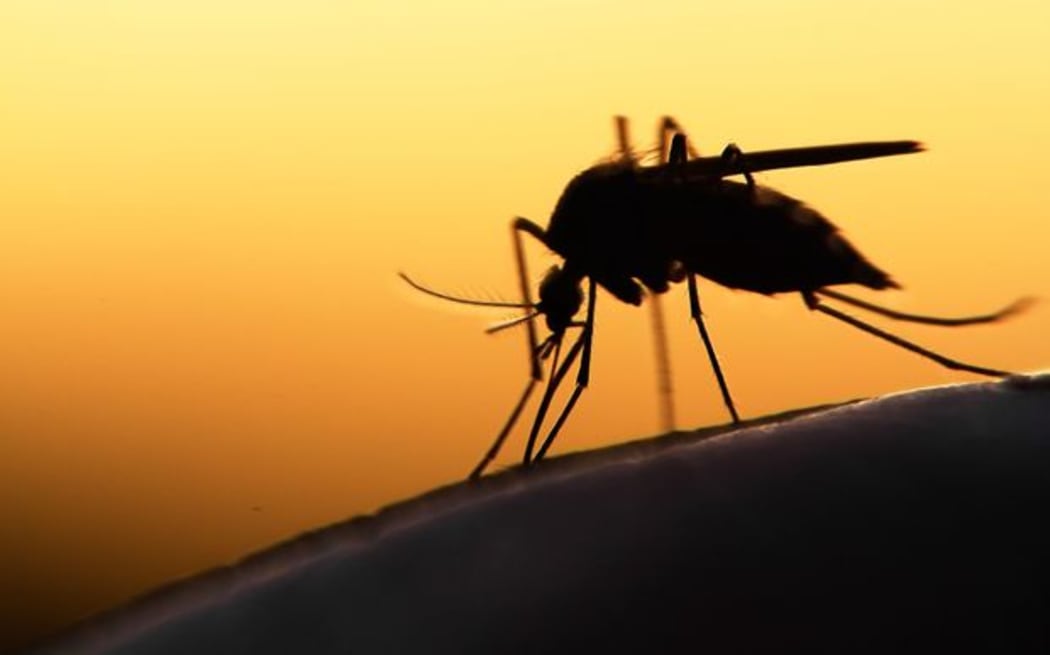The acting American Samoa Governor, Lemanu Peleti Mauga, has declared a public health emergency following the confirmation of 3 people with dengue fever by the Hawaii State Laboratory.
There were also two confirmed cases of dengue in the months of November and December last year.
Suspected cases as on the middle of February stood at 30.
Don Wiseman asked our correspondent in Pago Pago, Monica Miller, what prompted the government to declare it a public health emergency.

Mosquito
Photo: RNZ
Transcript
MONICA MILLER: The serotype that is found in the most recent cases [serotype 2] shows that this type has not been around since 1972, so that anyone would be the susceptible population. The reason also that I have been able to find out about why they have decided to declare this as a public health emergency is to streamline and fast payments for, not only the cheques that go to Hawaii, but also the collection of trash, the solid waste. You are talking discarded appliances, refrigerators, what have you that would usually collect water and then become breeding places. It is a known fact payments through the government system take forever and but if you have a declaration of an emergency that the usual process will be waived and that they can get fast trap on the payments.
DON WISEMAN: Well the government is clearly really concerned and concerned about this serotype 2 strain, that it's going to have a more substantial impact than the dengue outbreaks in most recent years. This public health emergency will be in place for the best part of six months.
MM: That's right and they say that every strain has the possibility of going haemorrhagic [becoming more severe] that's what they have said have said, but because this serotype hasn't been seen here for a long time they suspect that more people will not have the immunity and that they will be more susceptible. So what they have done with the emergency declaration also authorising the Department of Health and other main agencies , - the LBJ Hospital and the Office of Samoan Affairs - the office that looks after the village mayors and district officials who work with the villagers. And since the outbreak was first announced about two weeks ago, they have targetted for spraying operations the primary schools in the villages - mainly Ofono and Matea, and health officials, very worried about the amount of trash that has been collected from the school campuses. And there are also some things they have found, like they don't have screen wires or screen wires that have holes in them. And this is really amazing because the government's "Adopt a School" program, before the school year opened, a few months ago, the Governor had the departments to look after their schools that they had adopted and go in and see what needed to be done. But it seems there is still a lot of work that needs to be done. In talking with the epidemiologist at the Department of Health, he is saying also that they need to look at how to get rid of the appliances, junk vehicles and that sort of thing because what they are doing is collecting it from one side of the island and dumping it elsewhere, whereas they need to look at getting these off island.
DW: And if they did get it off island, what would they do then?
MM: You know you have Samoa that's doing a bit of recycling. The American Samoa Power Authority was looking at perhaps putting up a recycling plant, but it's all been talk, they are trying to get money, but still nothing has happened.
To embed this content on your own webpage, cut and paste the following:
See terms of use.


